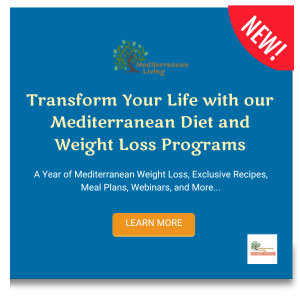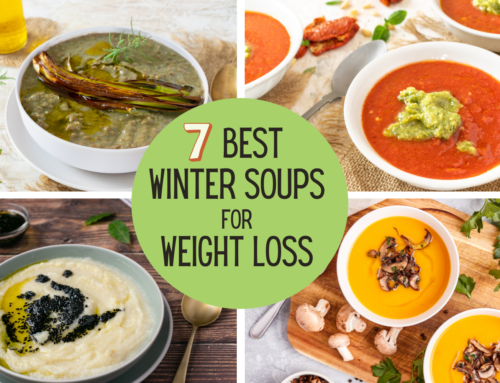Health Benefits of Thyme
By Christine Kenneally
Updated July 26, 2019
Thyme (thymus vulgaris) is one of the most flavorful herbs out there, and summer is the perfect time to enjoy it fresh in sauces, soups, in meat dishes or as a tea. Because it has a high volatile oil content, it has a rich and delicious aroma and flavor that is best when used fresh, but it can also be dried and used throughout the year. There are also some amazing health benefits of thyme.
When I sat down to write this article, on a hot summer afternoon, I put a few drops of thyme essential oil on my temples and rubbed it in. Right away I felt invigorated from the scent. Thyme can increase focus and memory because it is captivating to all of the senses. It can give us an energy boost on a hot summer afternoon when we might feel sluggish. I really felt these effects and appreciated this gentle pick-me up!
Thyme’s revitalizing qualities can also promote healing, in the case of sprains and other injuries. If you brew it as a tea, and use it as a hot soak or compress, it will increase blood flow to the affected area, which speeds the healing process. Thyme is great for the immune system because it stimulates the thymus, a major gland of the immune system. And, it supports the body’s natural defenses.
Like all culinary herbs, thyme is amazing medicine for the digestive system. By eating thyme, you will increase the flow of digestive enzymes and induce a feeling of hunger. Thyme contains a constituent called thymol, which has very strong anti-microbial properties.
And, thyme has qualities that combine in a unique way to make it one of the best treatments for respiratory conditions: It is clearing, calming, and soothing to the lungs.
Thyme is indigenous to the Mediterranean and is commonly used in a variety of delicious Mediterranean cuisines. Thyme’s subtle flavor makes it a lovely addition to many foods, It is one of the main ingredients in ‘Herbs de Provence,’ a spice blend traditional to Provence, France that is now used in many parts of the world. It is made from dried thyme, savory, rosemary, oregano, basil, marjoram and fennel seed, and is used to flavor grilled meats and fish, as well as stews. It can also be mixed with olive oil and used on foods or to dip bread in.
Nature really got it right with this herb! Thyme’s delicious taste and smell makes us drawn to using it in our food, and while we’re enjoying it, we’re healing our bodies both inside and out. Try this delicious recipe for Summer Thyme Chicken on the grill. We made it at our recent Mediterranean Living cookout and it was a big hit!
Sources:
“The Complete Illustrated Holistic Herbal” by David Hoffman (Great Britain, 1996)
“Herbal Recipes for Vibrant Health” by Rosemary Gladstar (North Adams, MA, 2001)
Mother Earth News, Food & Garden Series: Guide to Healing Herbs, Winter Issue, 2013
Wikipedia: //en.wikipedia.org/wiki/Herbes_de_Provence












Bill Bradley, R.D. says:
Bill Bradley, R.D. says:
Bill Bradley, R.D. says: